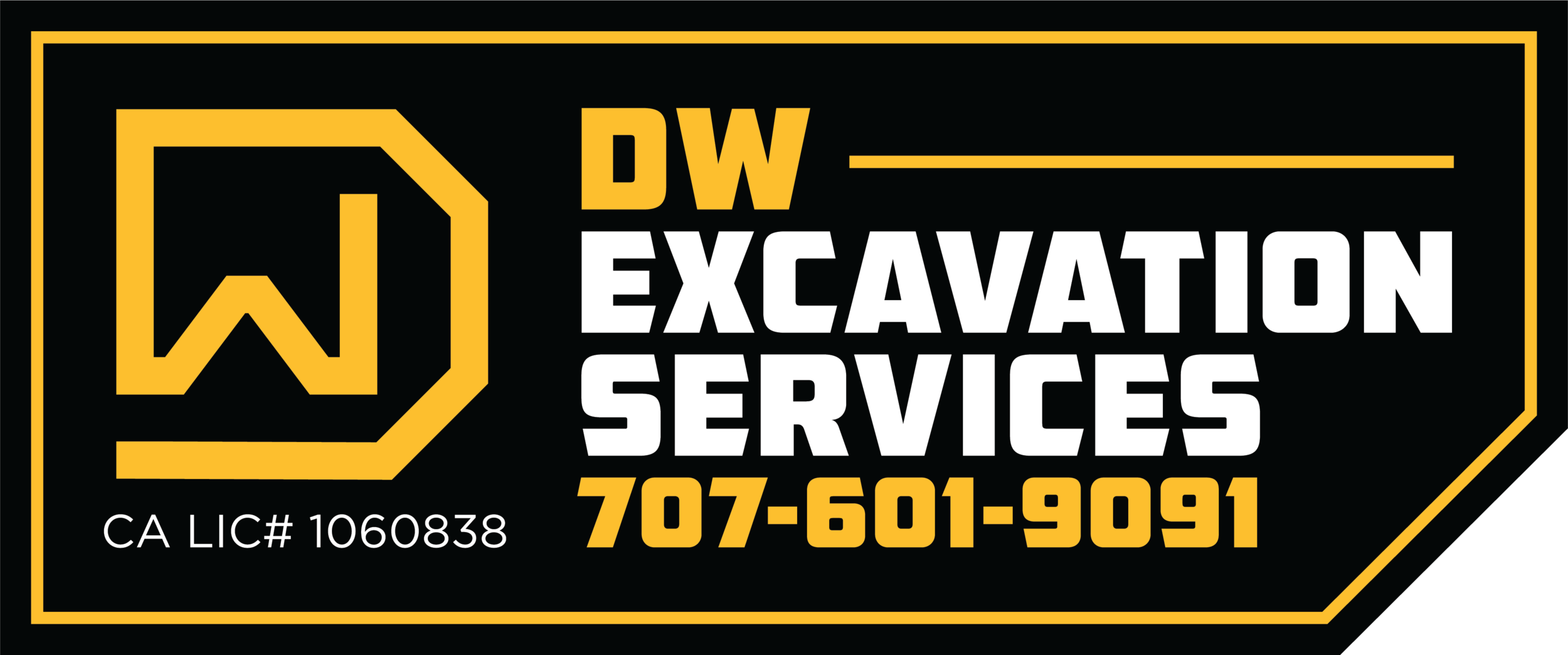Residential vs. Commercial Excavation: What Every Property Owner Should Know
Have you ever wondered why building a house requires a different excavation approach than constructing a shopping center? At first glance, digging is digging, right? Not quite. The world of excavation is more complex than it appears, and understanding the differences between residential and commercial excavation can save you time, money, and headaches.
Whether you’re planning a home renovation or starting a large-scale development, choosing the right excavation services is crucial. In this article, we’ll break down what sets these two types of excavation apart and help you make informed decisions for your next project.
Common Misconceptions About Residential vs. Commercial Excavation
Is Excavation Just About Moving Dirt?
Not at all! Excavation is a foundational step that impacts the stability, drainage, and success of any construction project. Thinking it's just "moving dirt" underestimates the technical skills required.
Myth: Residential and Commercial Excavation Are Interchangeable
While both involve digging and grading, the scale, complexity, equipment, and regulatory requirements differ greatly.
Common Pain Points:
Unexpected Costs: Poor planning can lead to budget overruns.
Project Delays: Misjudging site preparation needs can slow construction timelines.
Safety Risks: Failing to account for soil types or underground utilities can create serious hazards.
Expert Tip: Always hire an experienced excavating contractor who specializes in your type of project to avoid costly mistakes.
How Do Residential and Commercial Excavation Differ?
What Is Residential Excavation?
Residential excavation typically involves preparing the ground for homes, driveways, swimming pools, or landscaping projects.
Key Characteristics:
Smaller-scale operations
Limited heavy machinery
Fewer permits and regulations (but still critical)
Faster project turnaround
What Is Commercial Excavation?
Commercial excavation supports larger projects like office buildings, retail complexes, industrial facilities, and public infrastructure.
Key Characteristics:
Larger machinery and crews
Strict zoning, environmental, and safety regulations
Deeper foundations and complex drainage systems
Longer project timelines
Quick Comparison:
Residential: Focus on aesthetics and smaller load-bearing structures.
Commercial: Focus on durability, large-scale infrastructure, and compliance.
Why Choosing the Right Excavating Contractor Matters
How Does a Professional Excavating Contractor Impact Your Project?
A seasoned contractor ensures that site prep, grading, and drainage are completed correctly, which prevents costly issues down the line.
Key Benefits:
Accurate site assessment
Proper permits and inspections
Advanced equipment suited for the job
Seamless coordination with other contractors
Hiring an expert like DW Excavation, LLC can mean the difference between a smooth project and one plagued with setbacks.
Special Considerations for Your Excavation Project
Does Climate Affect Excavation Work?
Absolutely. Soil conditions, moisture content, and temperature all impact excavation strategies. For example, areas with clay-heavy soils or frequent rainfall require specific drainage solutions.
Regional Regulations Matter
Commercial projects, in particular, must meet detailed zoning laws, environmental guidelines, and building codes. Ignoring these can cause significant legal and financial problems.
Pro Tip: Always discuss regional regulations with your excavation partner before breaking ground. They'll help you navigate the red tape so you can focus on the bigger picture.
Innovations in Excavation Technology
Modern excavation increasingly uses GPS grading, drone surveying, and automated equipment to boost precision and efficiency. Choosing a contractor who embraces technology can streamline your project timeline.
Related Questions and Expert Answers
What factors affect the cost of residential and commercial excavation?
Costs are influenced by project size, soil conditions, access to the site, and the complexity of the job. Commercial excavation usually costs more due to its scale and regulatory requirements.
Can I DIY my residential excavation?
While DIY excavation may seem cost-effective, it often leads to hidden dangers like damaging underground utilities or improper grading. Professional contractors have the tools and expertise needed for safe, lasting results.
How long does commercial excavation typically take?
Commercial projects can take several weeks to months depending on size, complexity, weather, and permitting. Early planning with a qualified contractor helps set realistic timelines.
Is a permit required for all excavation projects?
Most excavation projects require permits, especially commercial ones. Residential permits vary by location, but it's best to consult with your contractor to avoid legal trouble.
What’s the biggest risk in a poor excavation job?
Improper excavation can lead to unstable foundations, poor drainage, erosion issues, and structural failures. Always invest in experienced contractors to protect your investment.
Ready to Break Ground the Right Way?
Whether you’re planning a dream home or launching a new commercial venture, excavation is the foundation—literally and figuratively—of your project's success. At DW Excavation, LLC, we combine expert craftsmanship with cutting-edge technology to deliver top-notch excavation services.
If you're looking for professional excavation services in Monterey County, Sonoma County, or the California Central Coast, our team is ready to help. Contact DW Excavation, LLC today to schedule your consultation and build with confidence!
